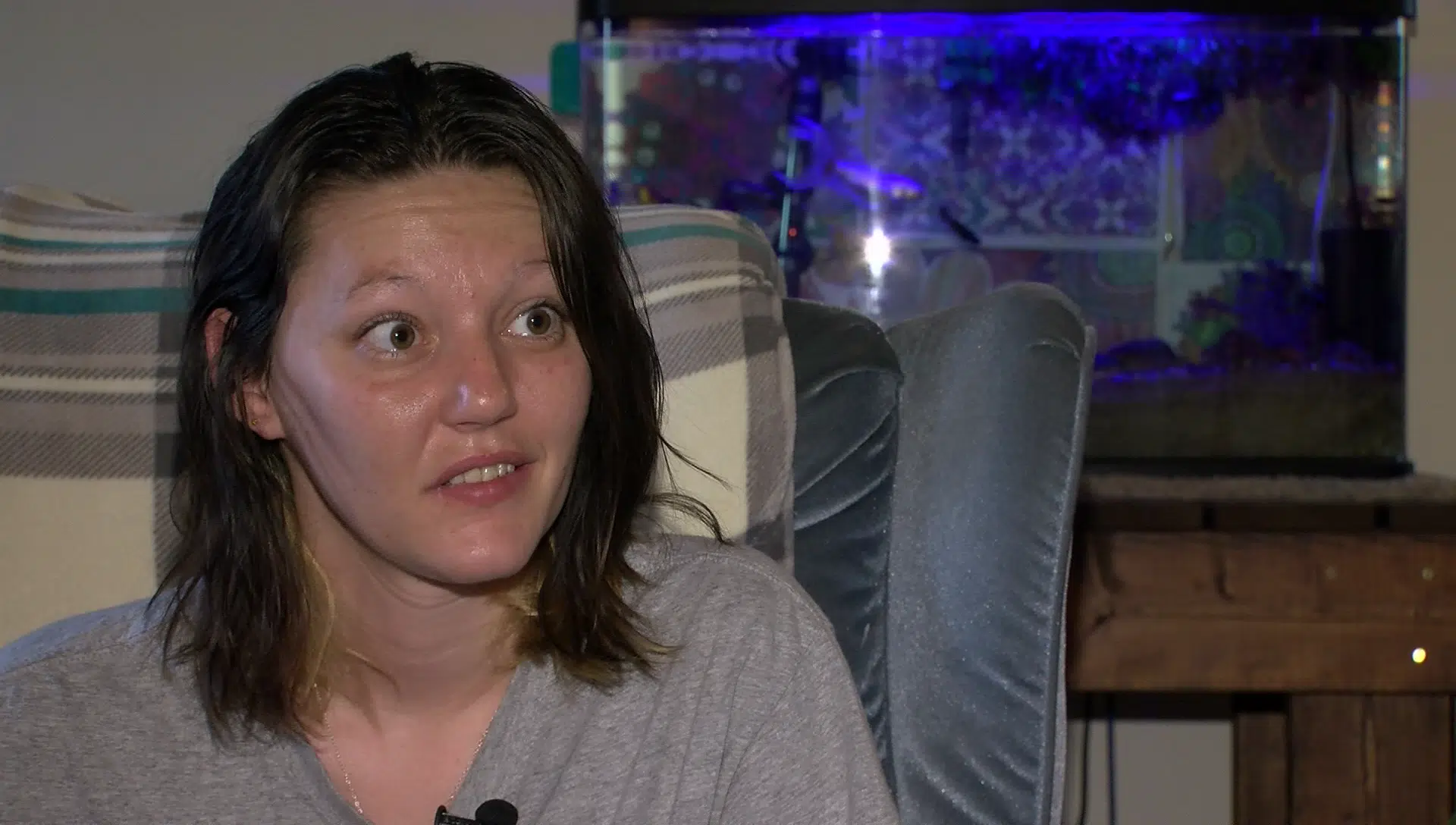
Controversial basic income program draws reaction locally
MEDICINE HAT, AB – A pilot project in Ontario has generated quite the buzz locally regarding basic income programs.
Low-income residents in Hamilton, Lindsay, and Thunder Bay, Ontario will begin to receive support through monthly cheques over a three-year span.
Average payments will be $1,400/month or just under $17,000 per year, less 50% of any income they earn.
